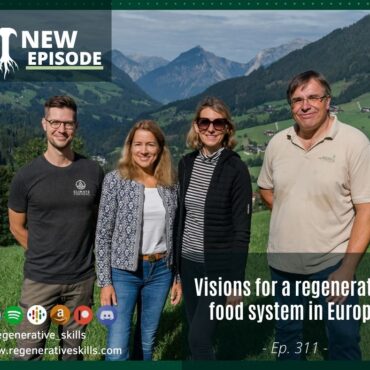
Visions for a regenerative food system in Europe
At the end of August I had a unique opportunity to attend the European Alpbach Forum in Austria, as I was invited by organizers at Nestlé to moderate an event […]
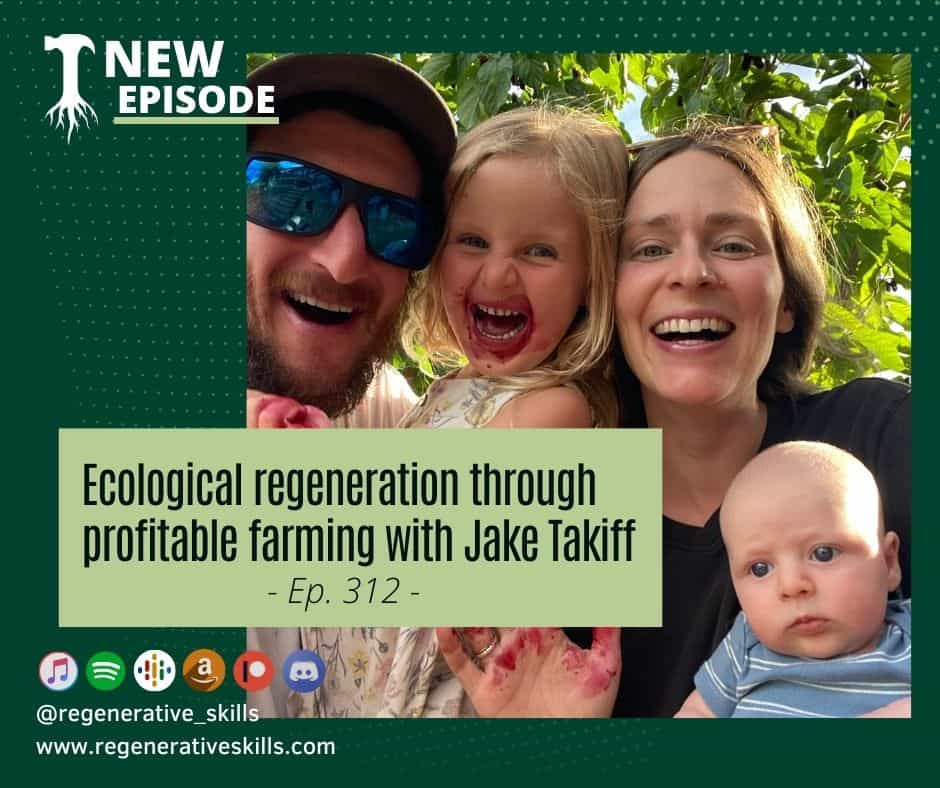

Any of you who’ve been following the show this season will remember one of my favorite episodes from the beginning of the year in which I documented a water restoration job I went out to Nicaragua to go in collaboration with Restoration Agriculture Development, the contracting company founded by Mark Shepard.
There I worked under the guidance of Jake Takiff, RAD’s dryland restoration specialist and the lead designer on that job.
I got along famously with Jake and learned a ton from working alongside him on that project. So much of his personal journey and the story of the development of his own farm and restoration design in Western Colorado didn’t make it into the episode we recorded back then, but I knew I would need to follow up and share his story with all of you.
Well we were finally able to find time and make our long overdue catch up call happen.
So let’s start with a little intro to set the context.
Jake and his wife Meghan started Cedar Springs Farm back in 2016 on the Western Slope of Colorado where they’ve built a home and now have two children.
They are focused on building soil, fostering biodiversity and managing water. The project utilizes scaled up permaculture techniques and regenerative farming practices including silvopasture, rotational grazing and agroforestry.
The management practices have transformed the landscape from an arid, high desert into a lush system of pastures with trees and yield high quality beef and pork.
Jake also hustles as a project coordinator, consultant and field manager for Restoration Agriculture Development through which he’s had the opportunity to design and install regenerative systems for farmers all over the world.
His experience on his own farm, combined with the many installations he’s managed for clients gives him a unique perspective and approach to the regenerative farming movement.
In this conversation we’re going to unpack that approach piece by piece. We start with a little background into his first experiences in farming and the elements that clicked and have stayed with him his whole life.
We go into the key connections and learnings that have informed his growth and capabilities as a farmer and land manager, as well as the mentors that have shaped his path.
Jake shares the details of his design approach to his own farm and how the patterns of the various ecosystems where he’s farmed have helped to inform him about the hydrology, plant communities, animal communities and the essential relationship between all of them that have come together to make his medium sized farm work so well.
We also dissect some of the specifics of the experiments he’s run over the last 7 years, those that have worked, and those that haven’t, and contributed to the evolving transformation of the land that continues to get better and better.
In general I’m a big admirer of people who have come to develop such a close and observant relationship with the land and living beings of the places they inhabit, and Jake is an exceptional example of someone who has centered his life around a deep connection to all the diverse and nuanced elements of his ecosystem from the natural ecology, his own family and local community, and even the complexities of the economy and socioeconomic realities that they participate in.
Links:
https://www.instagram.com/cedarspringsfarm/

At the end of August I had a unique opportunity to attend the European Alpbach Forum in Austria, as I was invited by organizers at Nestlé to moderate an event […]
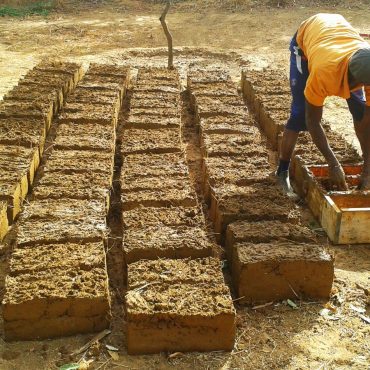
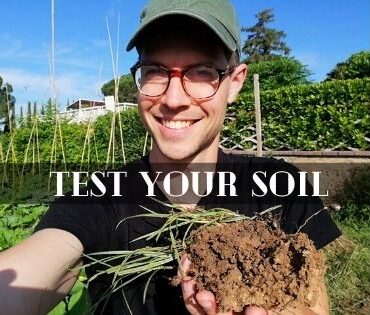
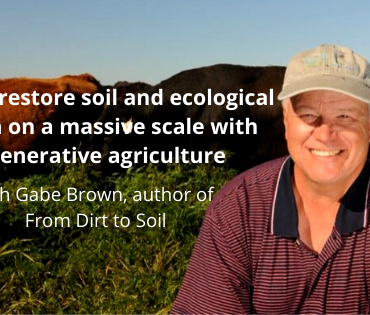
Copyright Regenerative Skills 2021
Post comments
This post currently has no comments.